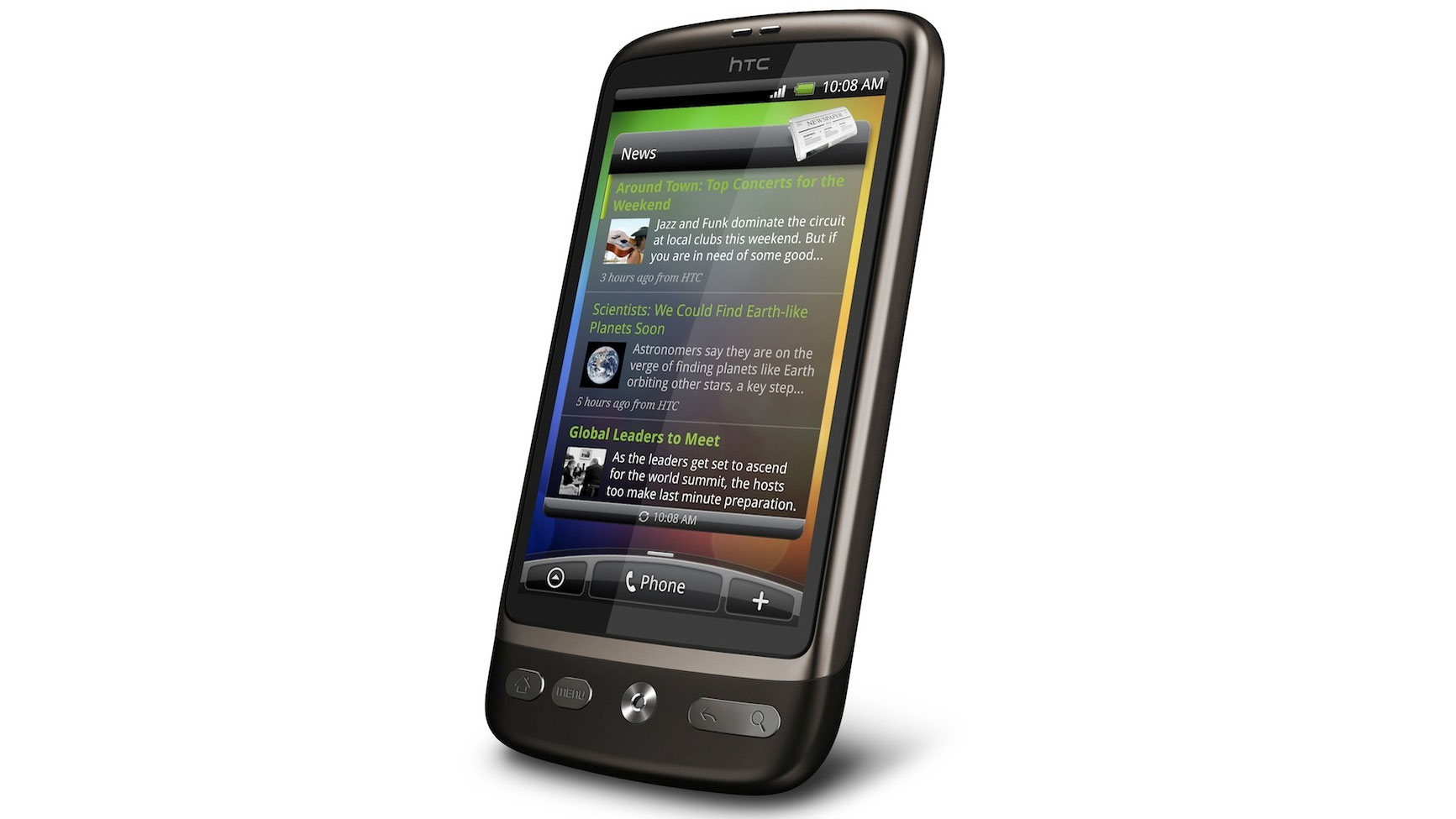Why you can trust TechRadar
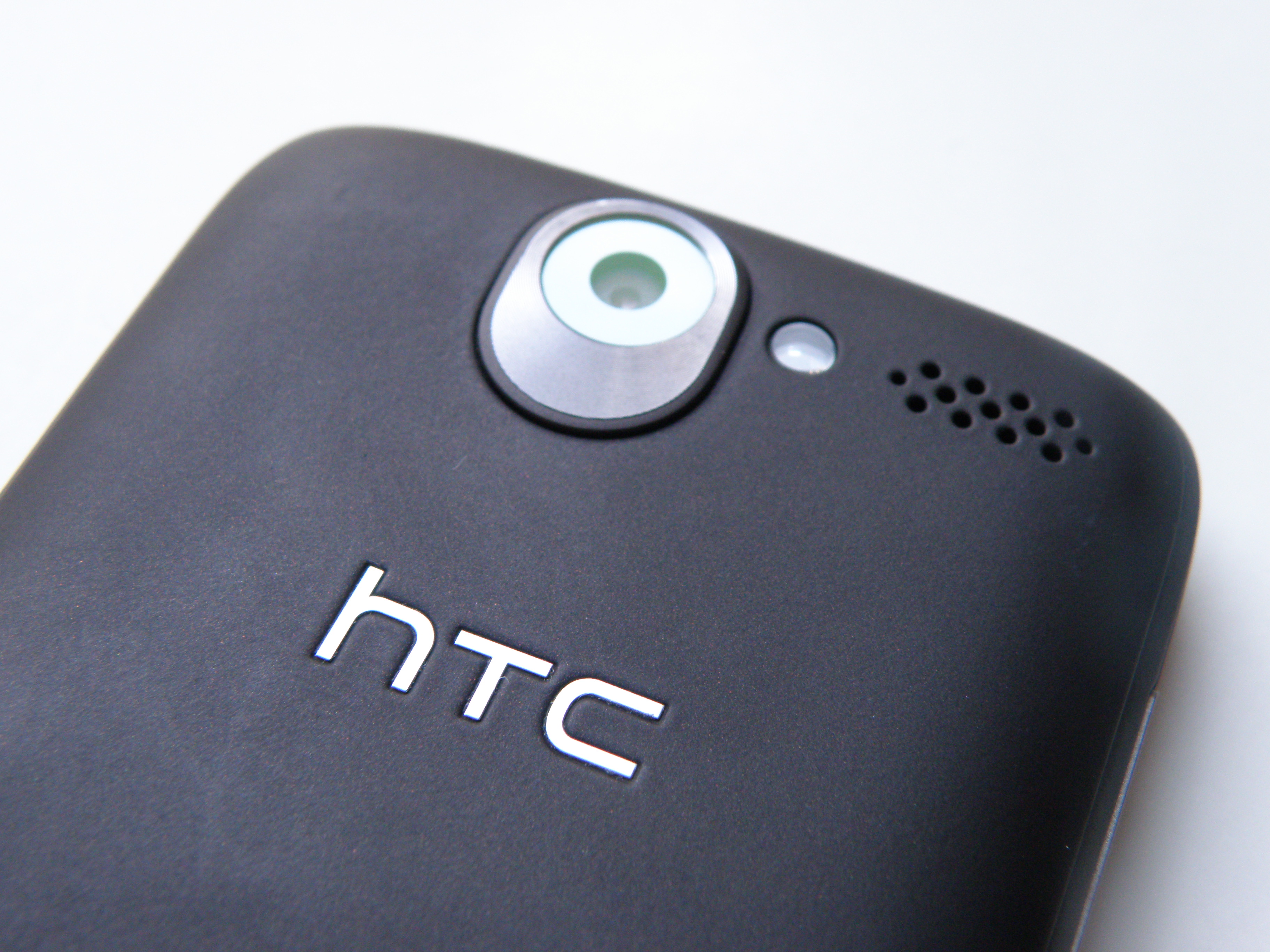
The HTC Desire shows another progression for Taiwanese company – the camera is now streets ahead of previous models.
Be it the poor efforts of the HTC Magic and G1, or the odd halo effect on the Hero, HTC has never been one for camera power.
But the 5MP snapper on the HTC Desire will turn even the most mundane mo-pho (mobile photographer, of course) into a click-happy junkie.
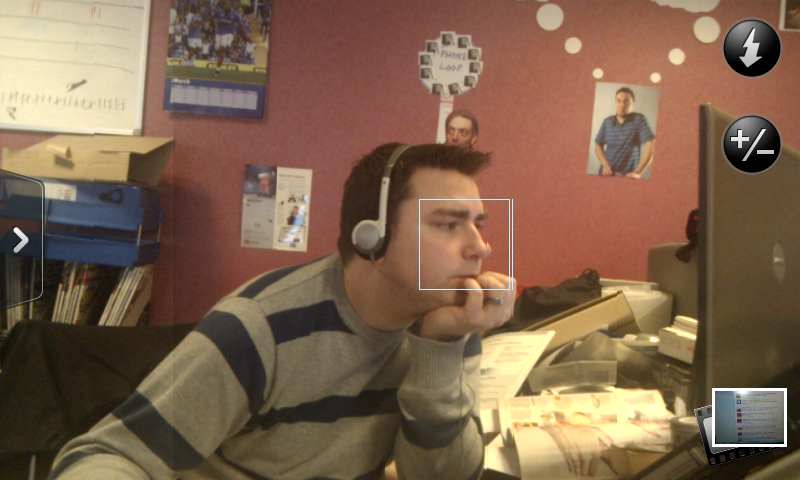
We're not saying that the HTC Desire is the equal of anything like the Sony Ericsson Satio or the LG Viewty Smart, but the 5MP effort is easily as good as you'll need on a mobile camera.
The camera interface has been overhauled for the new version of Sense as well, with a number of options to tweak to improve your photos.
Options for brightness, contrast, saturation and sharpness are all altered by spinning dials on the screen (brought out by a simple touch on the menu tab).
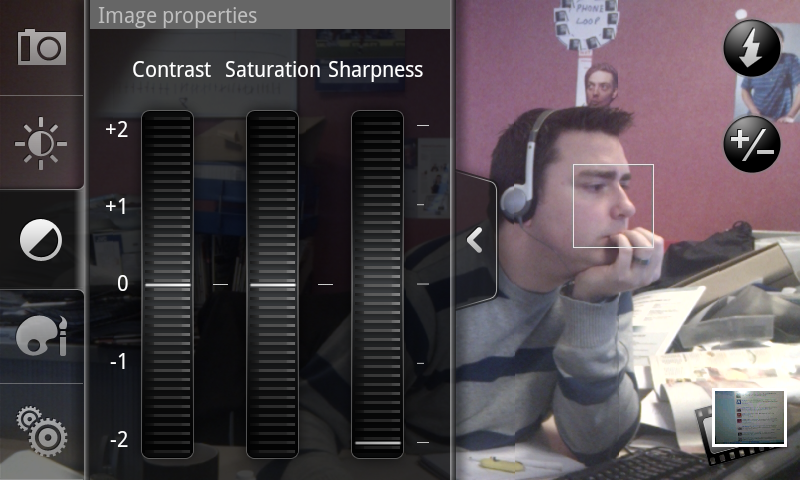
You can also mess about with the ISO settings, geo-tagging, face detection and more – as well as sepia, negative and posterise effects among others.
And the thing is all these elements make a difference – photos can genuinely be enhanced by playing with these settings.

LIGHT AND BRIGHT: The HTC Desire performs well in sunshine, with lots of detail and minimal washing out
Foreground focus:
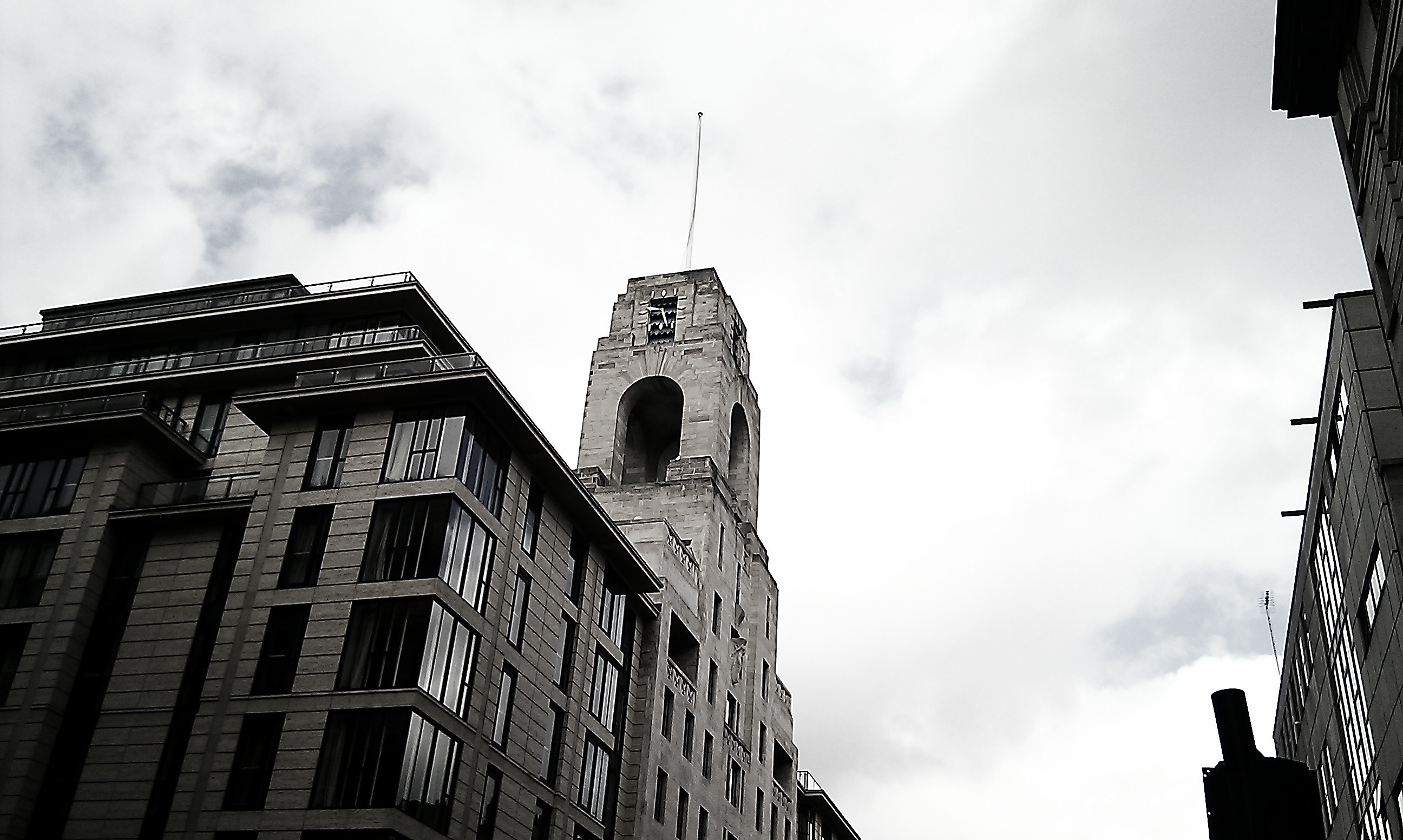
Background focus:
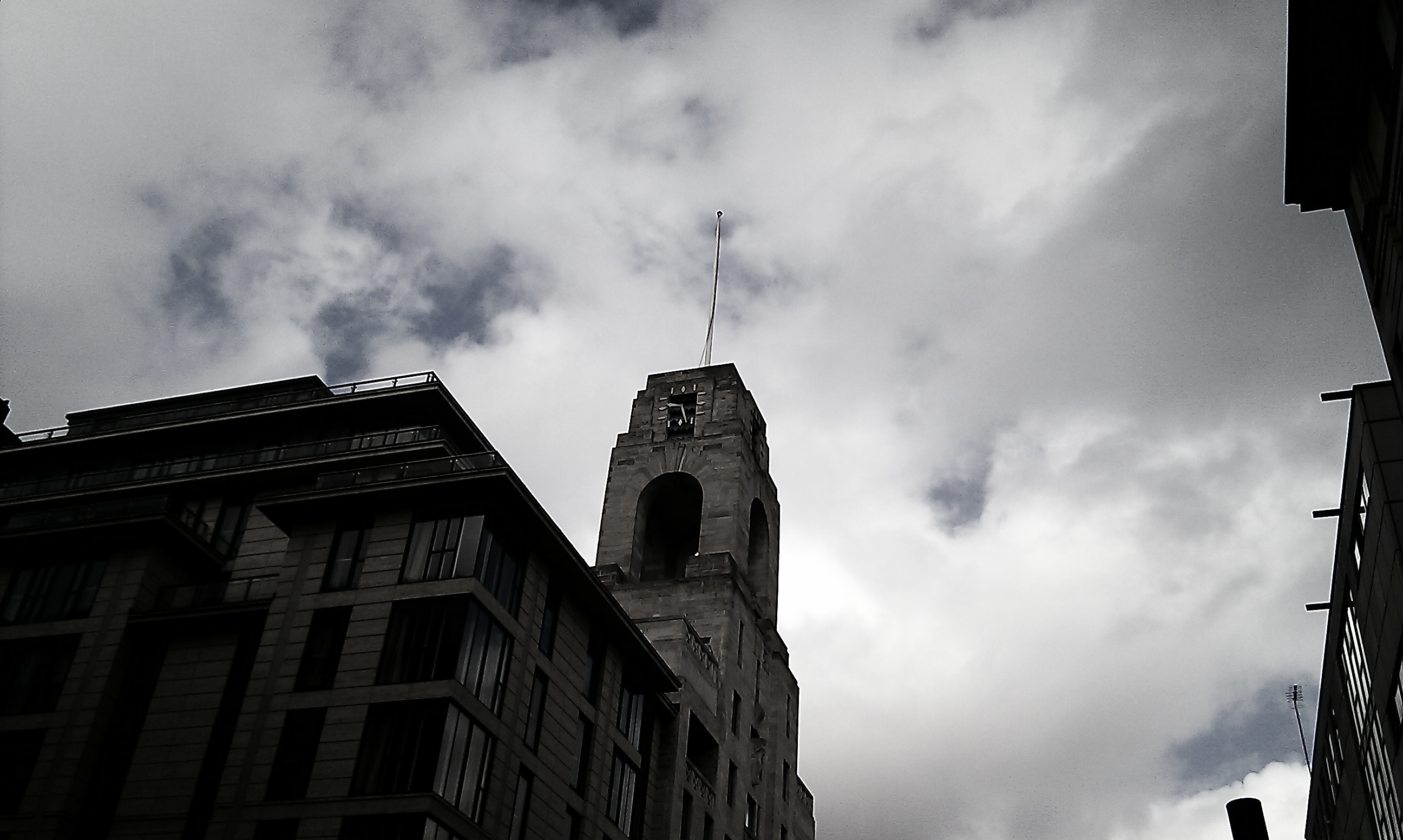
ALTERED VIEW: Simply pressing on separate sections of the screen to take a snap makes a big difference to the brightness of a photo

WASHED OUT: Detail in brighter light can sometimes be a little washed out on the HTC Desire

WIDELY ACCEPTED: The Desire does well at picking out the full gamut of detail in panorama views
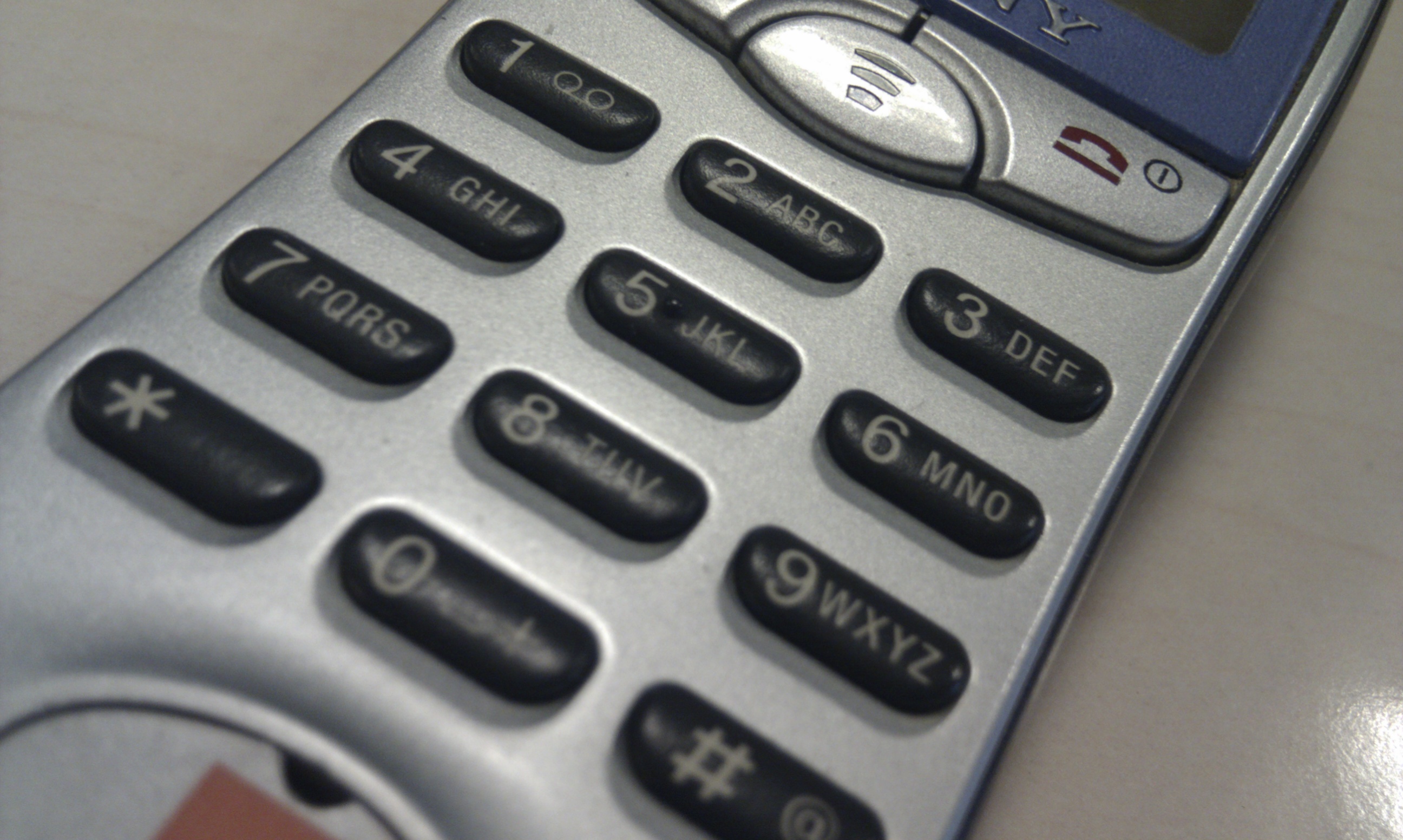
AUTO-MACRO: The Desire has no macro mode, but the auto focus more than makes up for it, with impressive clarity
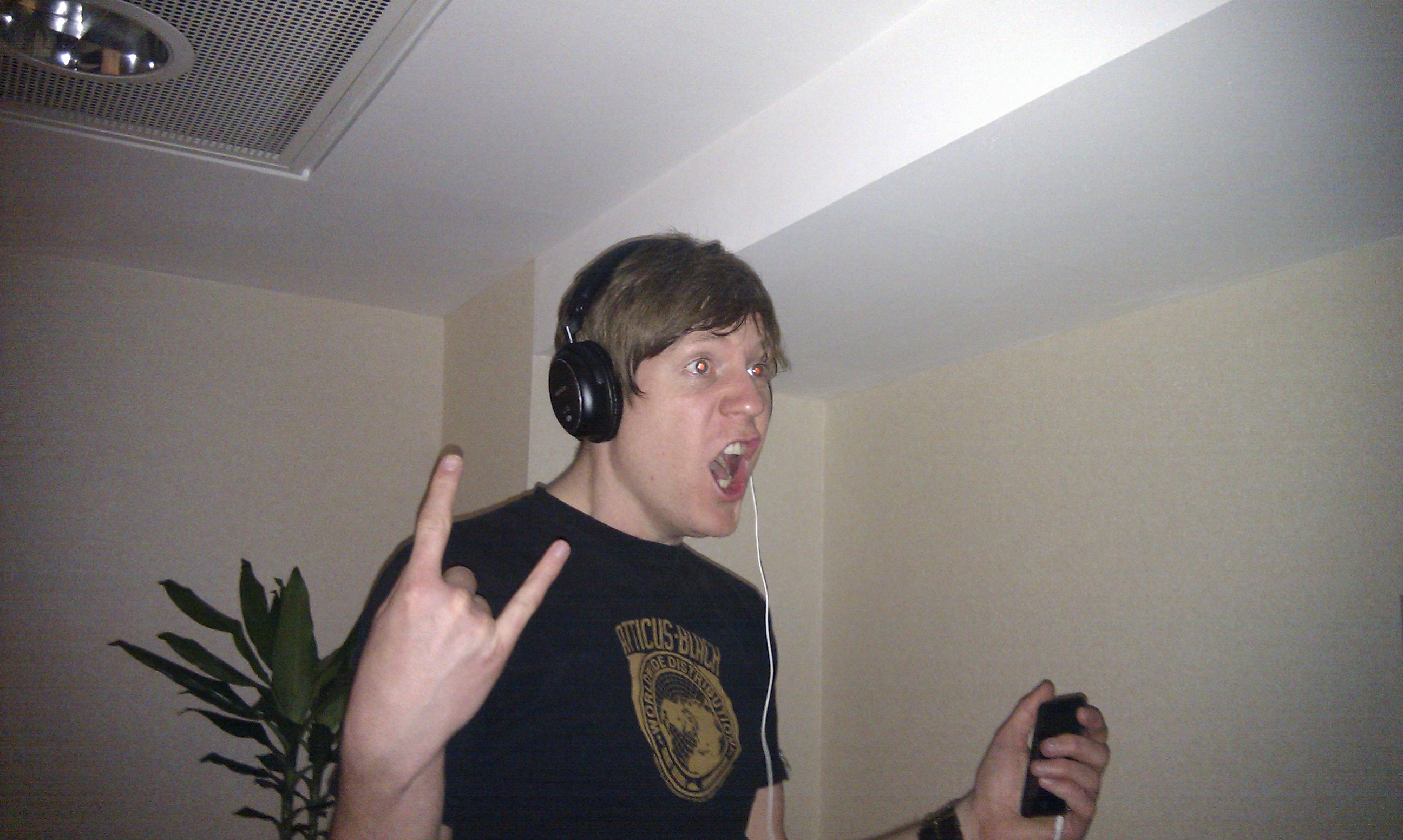
FLASH, AAAAAH: Even in near total darkness, the flash is brilliant on the HTC Desire, focusing and lighting evenly
With high saturation:
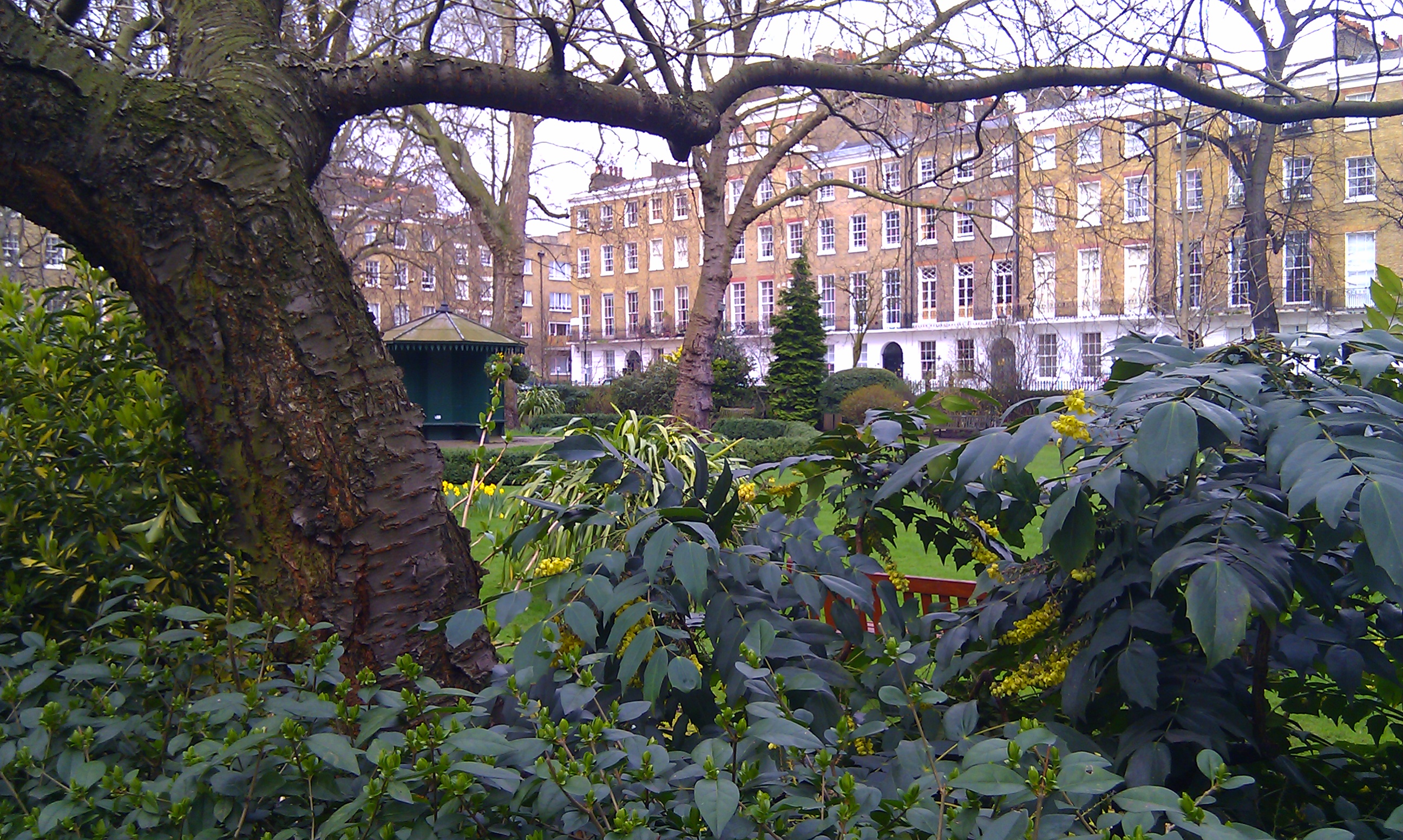
With low saturation:
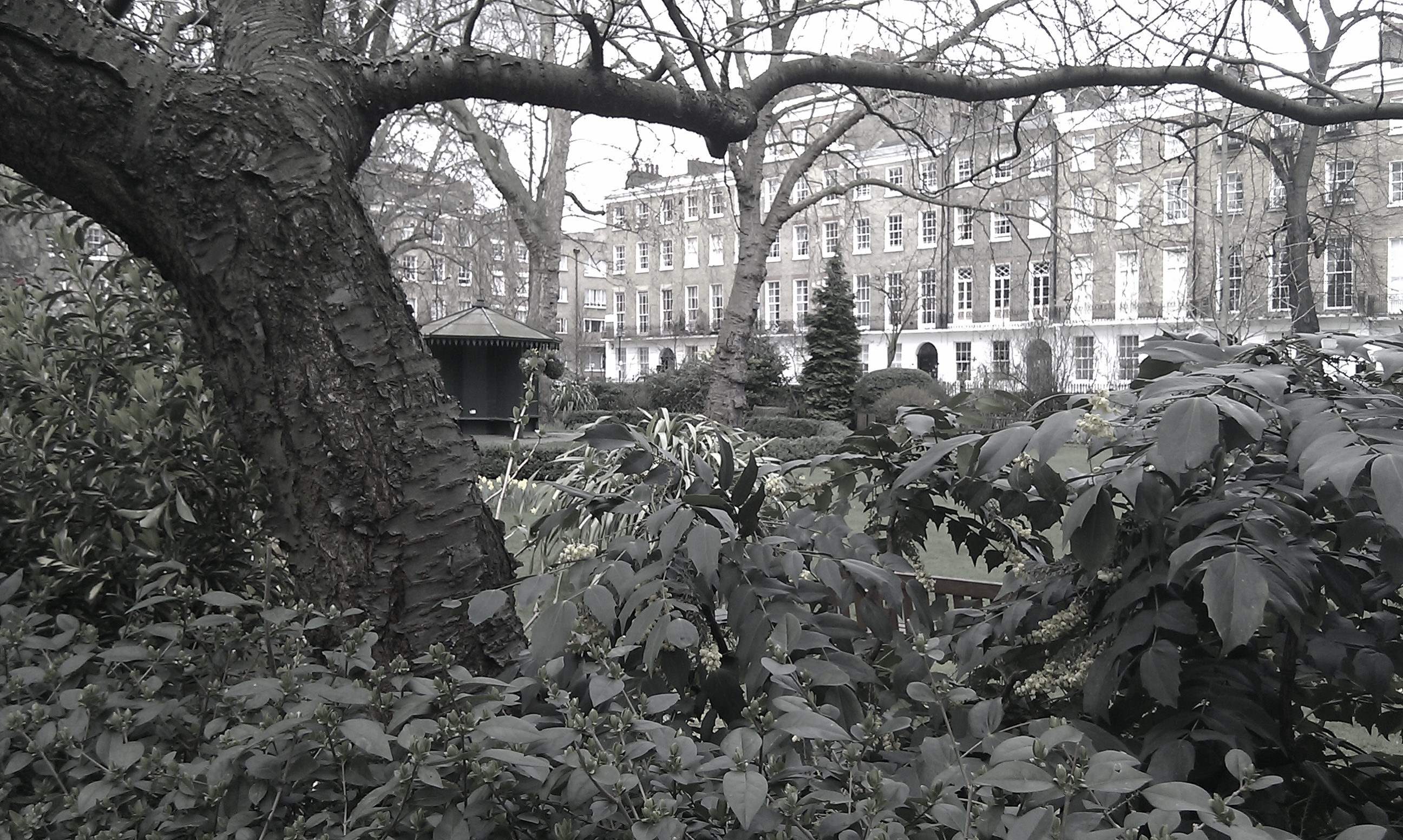
With high contrast:
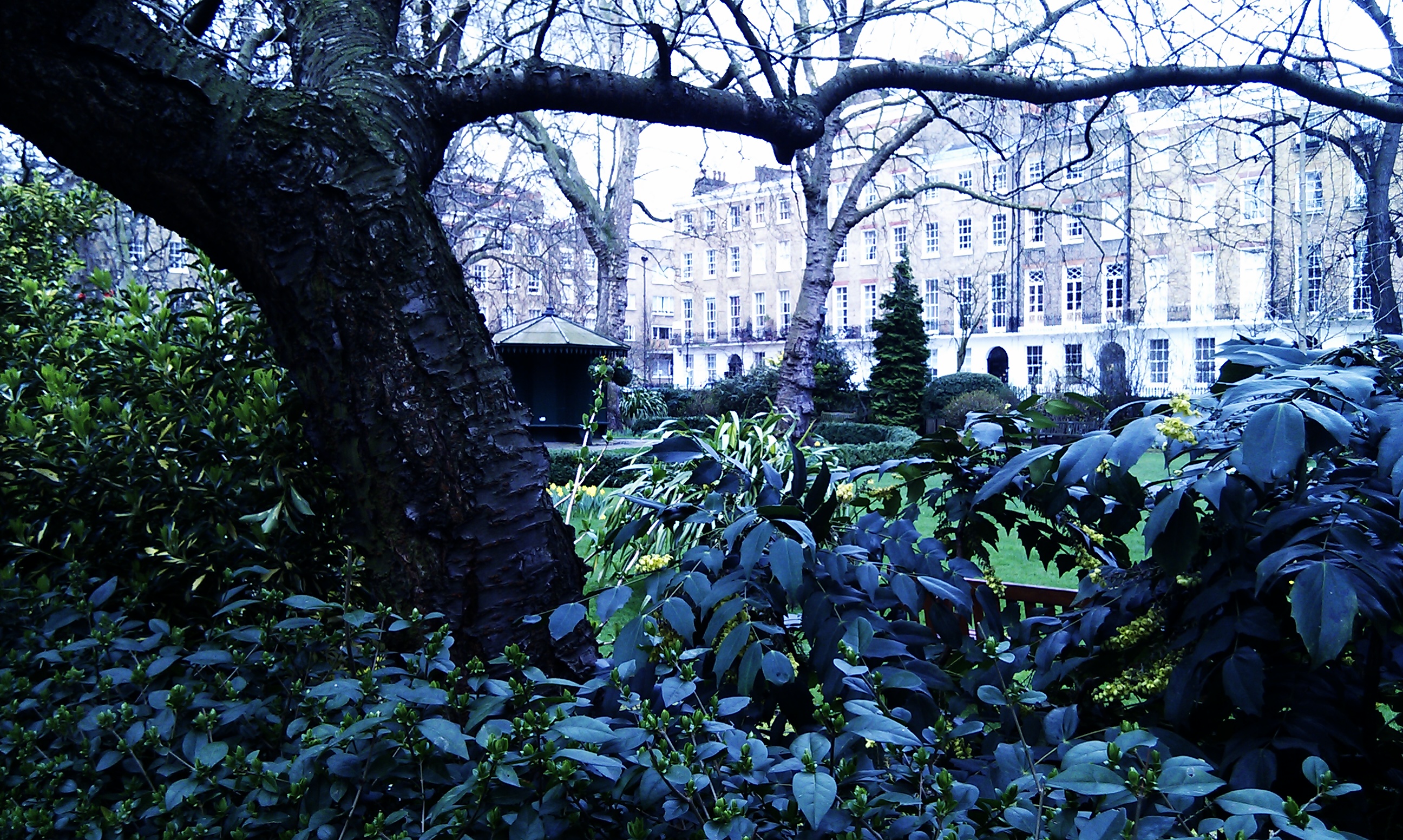
With low contrast:
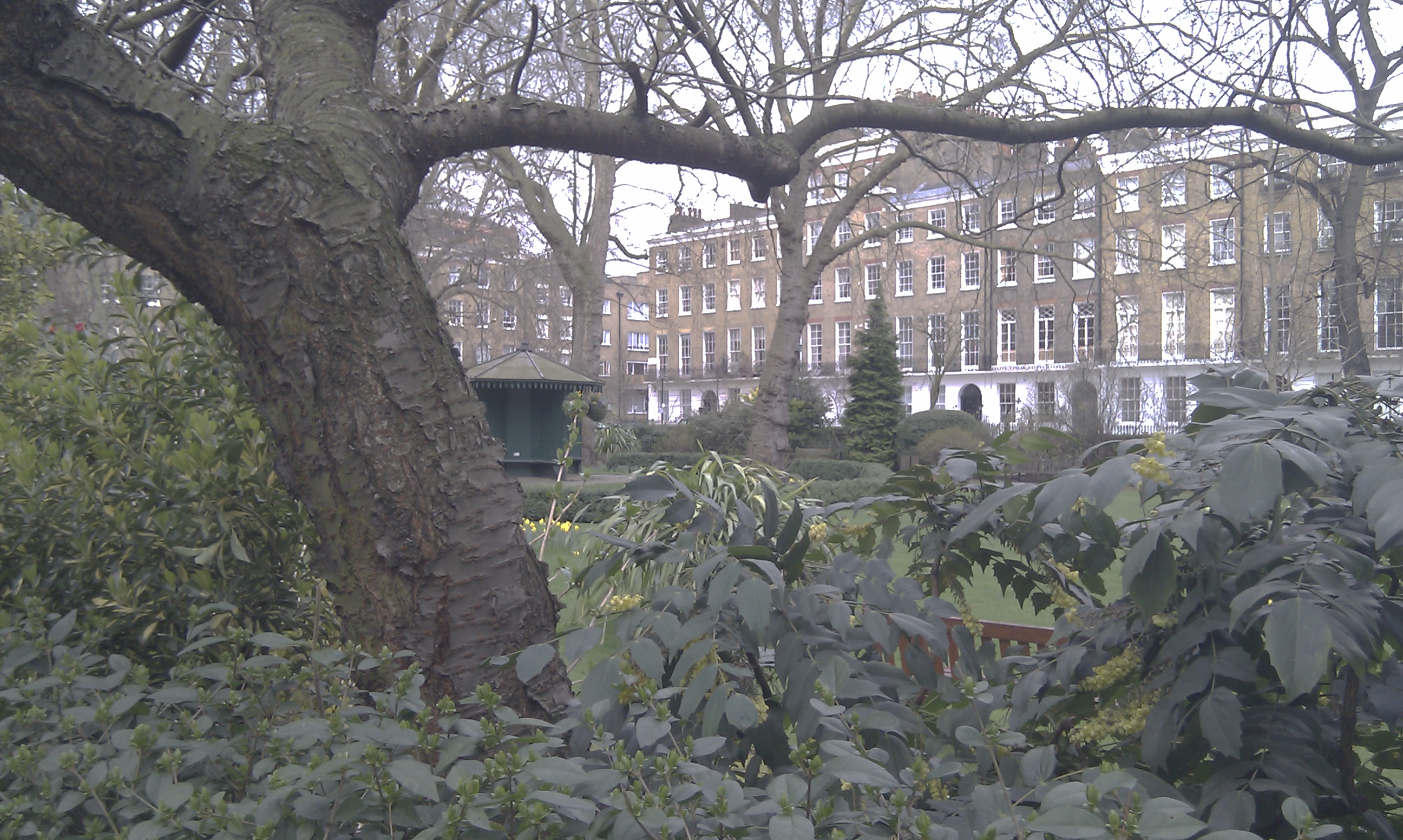
With high sharpness:
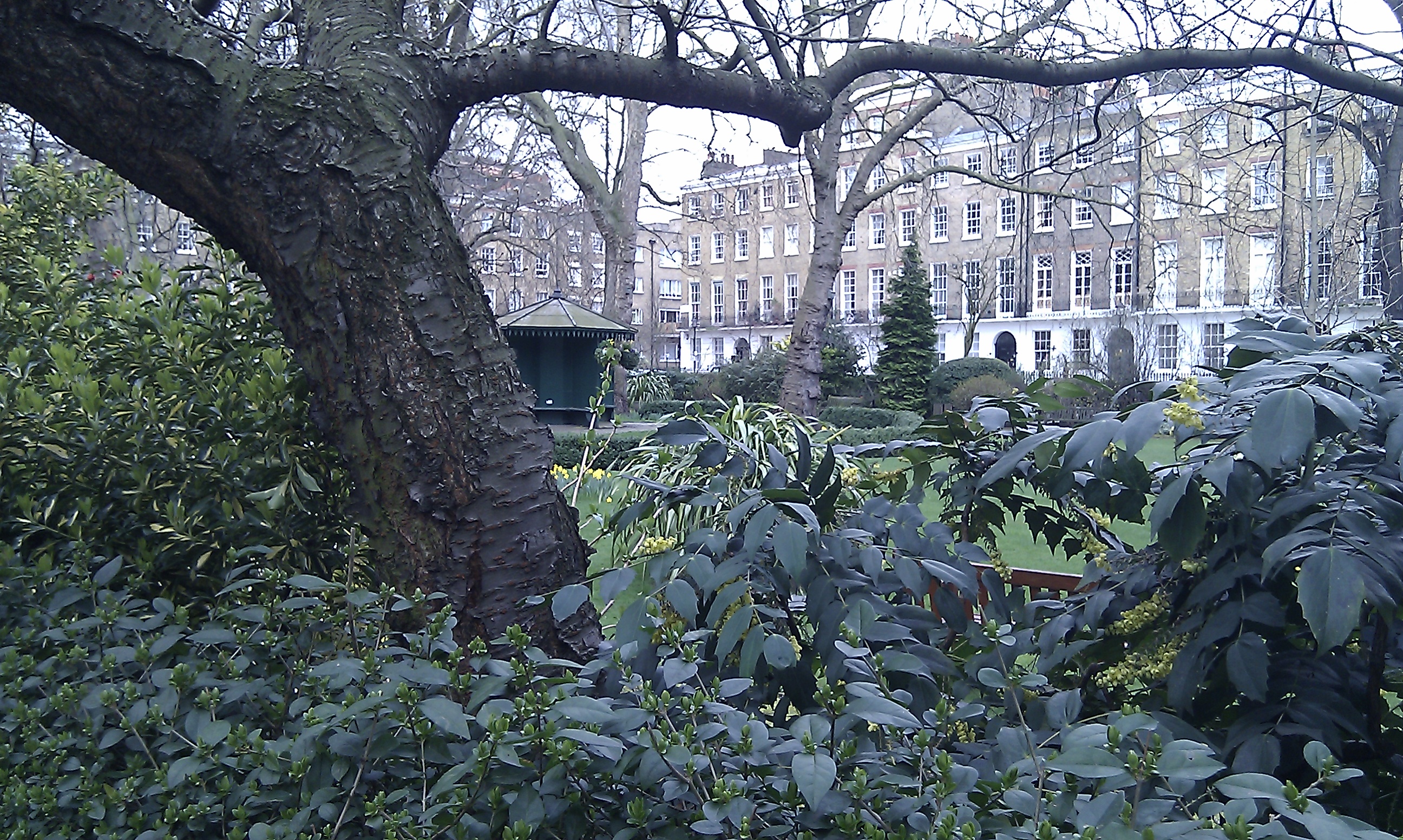
With low sharpness:
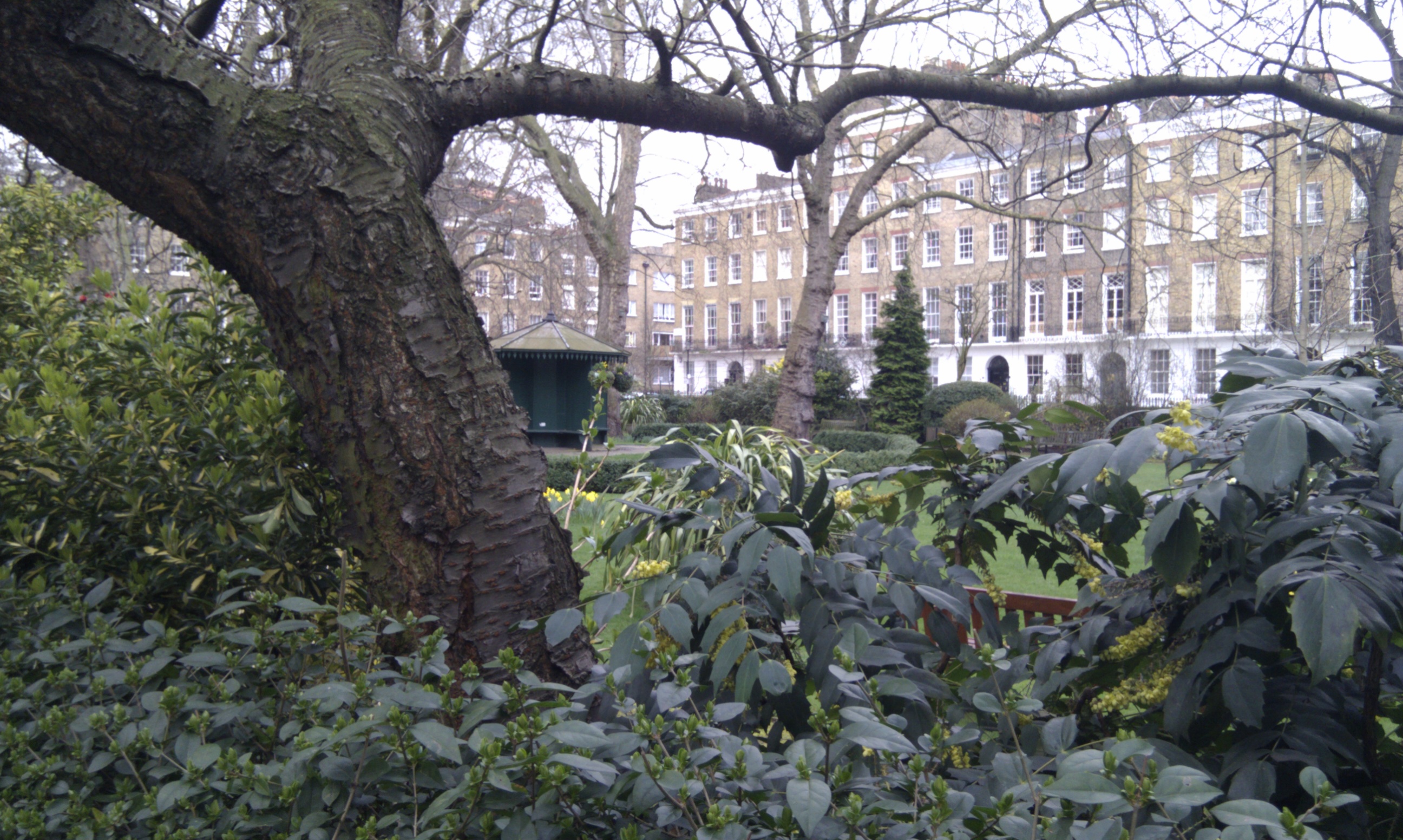
OBVIOUS EFFECTS: Messing around with the saturation, sharpness and contrast of the camera on the HTC Desire shows real differences in the snaps - these options aren't just gimmicks
While we're still lamenting the loss of the dedicated shutter button, the optical trackball is a good secondary option for taking snaps.
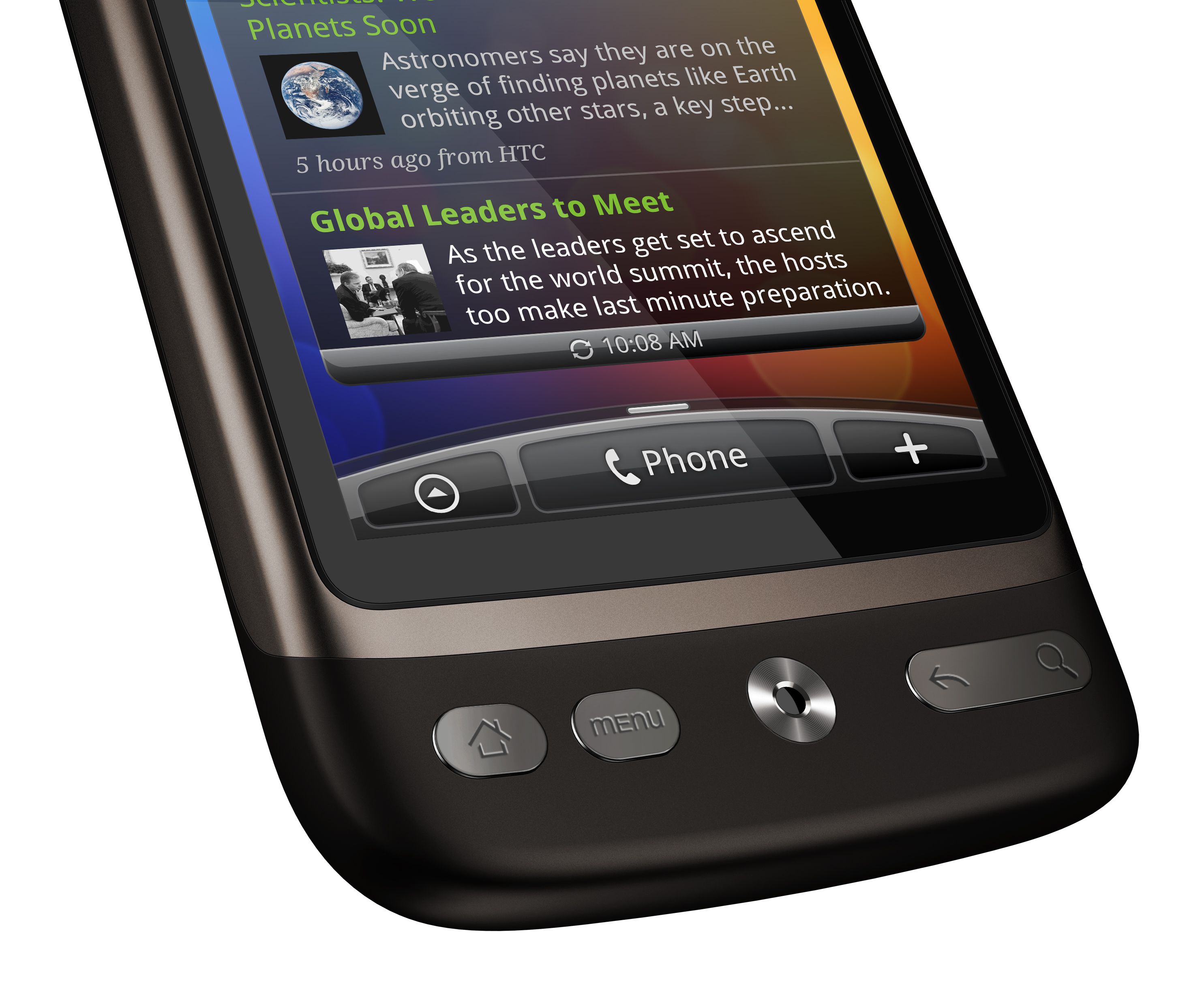
The camera automatically keeps refocusing on the scene in front of it, which negates the need for a half-press on the shutter key to bring the picture into sharpness.
You can either take a snap by pressing the optical trackpad, or long pressing on the screen - focusing and adjusting the white balance depending on your chosen area.
The latter option has been tweaked somewhat over recent versions, and a longer press is better as it means you don't accidentally set the camera off when trying to point to a section for the camera to focus on.
The video recorder comes in a variety of formats – both resolution and recording codec.
You can take video in QVGA (320 x 240), CIF (352 x 288), VGA (DVD quality, 640 x 480) or WVGA (800 x 480), and all four can be recorded to MP4 or H.263 formats, with the resulting file appearing as 3GP.

Subscribe to TechRadar's YouTube channel
#We're told that the HTC Desire records at 30fps, but as you'll see from the test video that seems a little far reaching. It's actually clocked at 15fps, but that's dynamic - the phone will increase the rate to over 20fps in other lighting conditions.
HTC is also only allowing audio recording to AMR, rather than the superior-quality AAC (which is supported by the Snapdragon processor). We're thinking this is something that may be tweaked in future updates, but isn't going to matter to most users in day to day action.
Some people we've spoken to have lamented the fact the HTC Desire doesn't have HD video recording as on the Sony Ericsson Vivaz – we don't think it's necessary on a mobile phone, especially when you have to wedge it into a chassis the width of a pencil.
It might improve resolution somewhat, but it's not that noticeable on the phone screen or when ported out to a larger display, so we don't think the Desire should be marked down for leaving it out.

Gareth has been part of the consumer technology world in a career spanning three decades. He started life as a staff writer on the fledgling TechRadar, and has grew with the site (primarily as phones, tablets and wearables editor) until becoming Global Editor in Chief in 2018. Gareth has written over 4,000 articles for TechRadar, has contributed expert insight to a number of other publications, chaired panels on zeitgeist technologies, presented at the Gadget Show Live as well as representing the brand on TV and radio for multiple channels including Sky, BBC, ITV and Al-Jazeera. Passionate about fitness, he can bore anyone rigid about stress management, sleep tracking, heart rate variance as well as bemoaning something about the latest iPhone, Galaxy or OLED TV.
